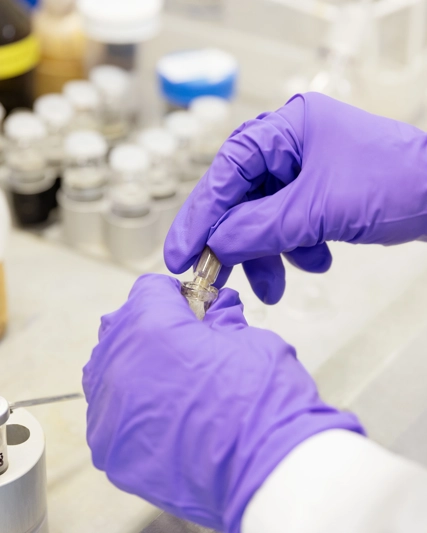Diversity in clinical trials
Our goal is to have clinical trials that are as representative and accessible as possible, as well as reflect patient populations experiencing the disease and intervention we are studying across age, race, ethnicity, sex and gender.

Enhancing the diversity of clinical trial participants is a critical step towards combatting health care disparities and enabling health equity. To advance our understanding of new vaccines and medicines, it is important that trial participants reflect the disease epidemiology and represent clinically relevant populations.
Why is diversity in clinical trials so important?
The safety and efficacy of vaccines and medicines can differ based on age, sex, gender, race, and ethnicity. If a clinical trial doesn’t include appropriate representation of diverse patients, the results and findings cannot be translated broadly across all patient demographics. Furthermore, as some diseases disproportionately impact certain racial and ethnic groups, regulators have started to set clear expectations for clinical trial diversity.
Five key steps we’re taking to improve diversity in our clinical trials
- Characterising the populations most likely to be affected with the disease (epidemiology) and identifying any potential barriers to receiving quality healthcare (disease burden).
- Engaging with communities and advocacy groups to build trust, enhance awareness, and provide education and outreach.
- Understanding and advocating for current clinical trial diversity guidelines from agencies and professional organizations, as well as from community and patient advocacy groups.
- Embedding scientific questions for population-related responses within study protocols.
- Training and supporting GSK staff and research collaborators to successfully enrol diverse populations in clinical studies.
Increasing diversity enrolment in our clinical trials
As an advocate for clinical trial diversity, we set a clear ambition in 2022 to ensure over 75% of our interventional clinical trials have a clear demographic plan aligned with disease epidemiology. We are also committed to reporting the results of these studies in a clear and transparent manner. Learn more about our commitment to data transparency.


